Privacy is a fundamental right, and with the increasing use of technology, it’s becoming more critical than ever to protect our personal information. The good news is that there are several privacy technology innovations that can help us safeguard our data. Here are some of the top privacy technology innovations you need to know about.
1. Virtual Private Networks (VPNs)
 Source: bing.com
Source: bing.comA VPN creates an encrypted connection between your device and the internet, making it difficult for anyone to intercept your data. VPNs are especially useful when you’re using public Wi-Fi or accessing geo-restricted content. There are several VPN services available, and you can choose the one that best suits your needs.
2. Password Managers
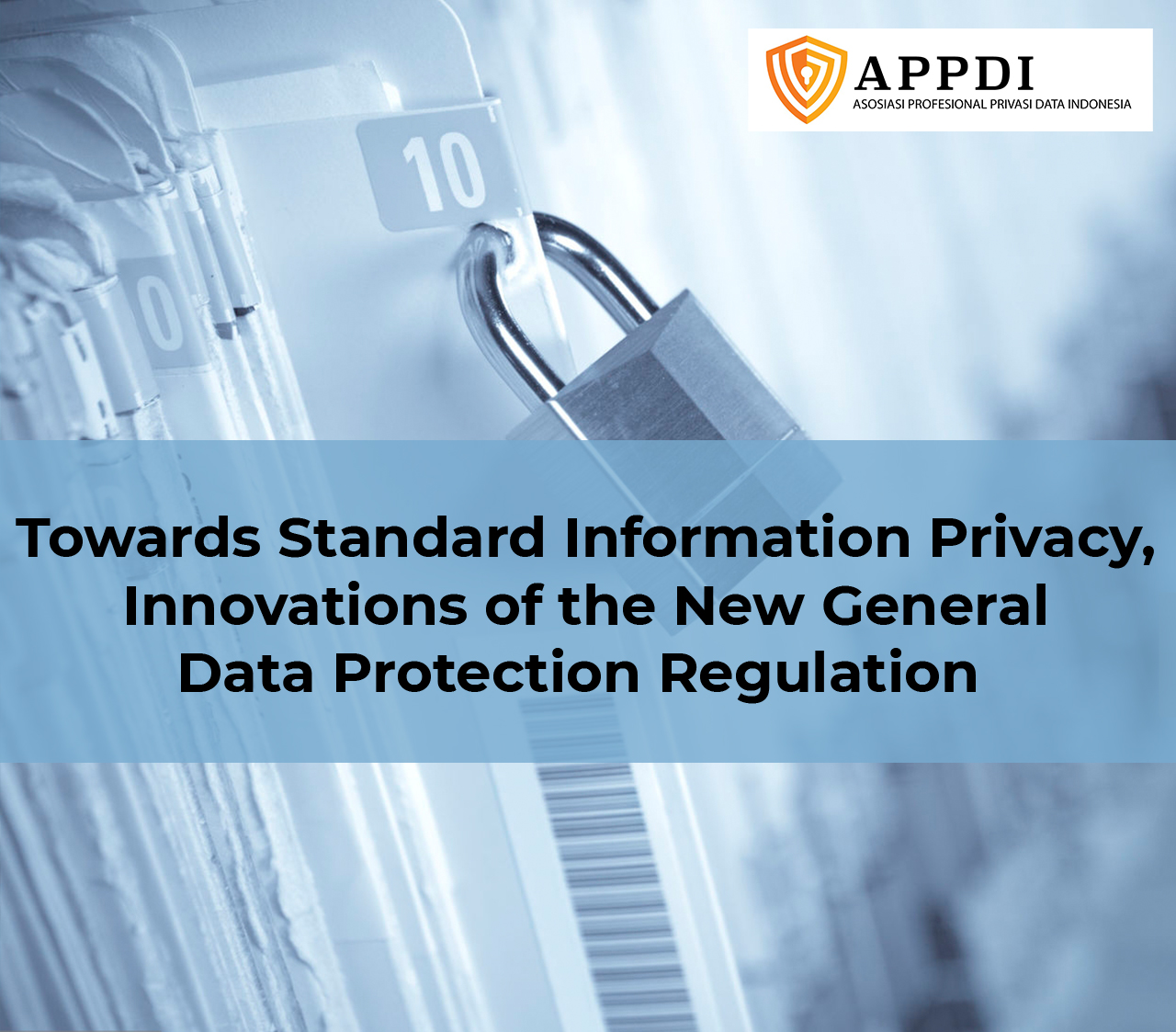 Source: bing.com
Source: bing.comPassword managers are applications that generate and store complex passwords for your online accounts. They also autofill login forms, eliminating the need for you to remember multiple passwords. Password managers ensure that your accounts are secure and reduce the risk of a data breach caused by weak passwords.
3. Two-Factor Authentication (2FA)
 Source: bing.com
Source: bing.com2FA adds an extra layer of security to your online accounts by requiring a second form of verification, such as a code sent to your phone or an authentication app. This prevents unauthorized access even if your password is compromised.
4. Biometric Authentication
 Source: bing.com
Source: bing.comBiometric authentication uses unique physical characteristics such as fingerprints, facial recognition, or iris scans to verify your identity. This method is more secure than passwords since biometric data is difficult to replicate. Many devices now come equipped with biometric sensors.
5. Privacy-Focused Browsers
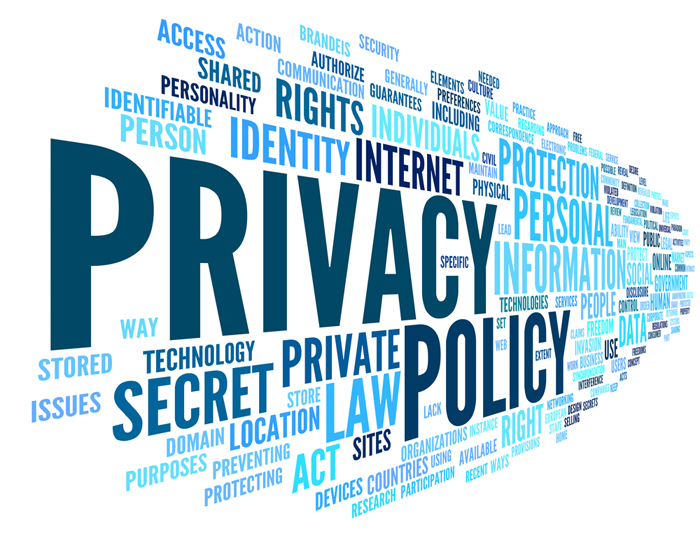 Source: bing.com
Source: bing.comPrivacy-focused browsers like Tor and Brave are designed to protect your online privacy. They use advanced encryption techniques and block third-party trackers, ensuring that your browsing history remains private.
6. Ad Blockers
 Source: bing.com
Source: bing.comAd blockers prevent advertisements from being displayed on your screen, reducing the chances of being tracked by third-party advertisers. They also reduce page load times and improve overall browsing speed.
7. Anti-Tracking Tools
 Source: bing.com
Source: bing.comAnti-tracking tools like Ghostery and Disconnect block third-party trackers, preventing them from collecting your browsing data. They also provide information on the number of trackers blocked and the companies that are tracking you.
8. Encrypted Messaging Apps
 Source: bing.com
Source: bing.comEncrypted messaging apps like Signal and WhatsApp use end-to-end encryption, ensuring that only you and the person you’re communicating with can read the messages. This makes it difficult for anyone to intercept your messages, including governments and hackers.
9. Privacy-Focused Search Engines
 Source: bing.com
Source: bing.comPrivacy-focused search engines like DuckDuckGo and StartPage don’t track your search history or collect personal information. They also use encryption to protect your searches and don’t display targeted ads.
10. Privacy Shields
 Source: bing.com
Source: bing.comPrivacy shields are physical barriers that prevent visual hacking, where someone can steal sensitive information by looking over your shoulder. These shields are useful when working in public places like coffee shops or airports.
11. Virtual Credit Cards
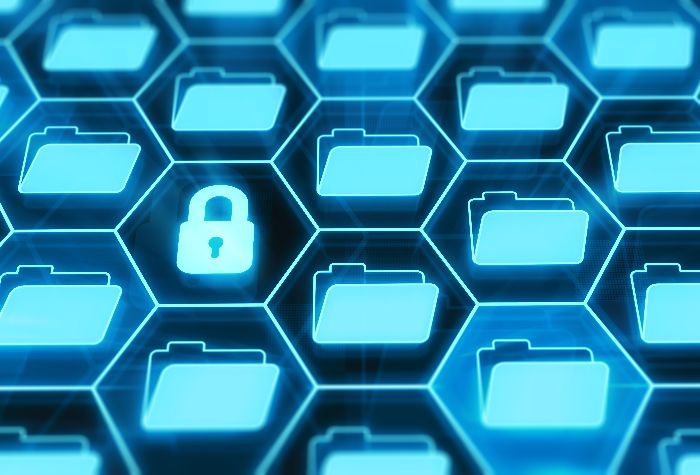 Source: bing.com
Source: bing.comVirtual credit cards provide a temporary credit card number that you can use for online purchases. This reduces the risk of your real credit card details being stolen in a data breach. Virtual credit cards are available from several banks and credit card companies.
12. File Encryption Software
 Source: bing.com
Source: bing.comFile encryption software like VeraCrypt and AxCrypt encrypt your files and folders, preventing them from being accessed by unauthorized users. This is especially useful when sharing sensitive information via email or cloud storage.
13. Privacy Screen Protectors
 Source: bing.com
Source: bing.comPrivacy screen protectors are filters that prevent others from viewing your screen from an angle. This is useful when using your device in public places where privacy is essential.
14. Disposable Email Addresses
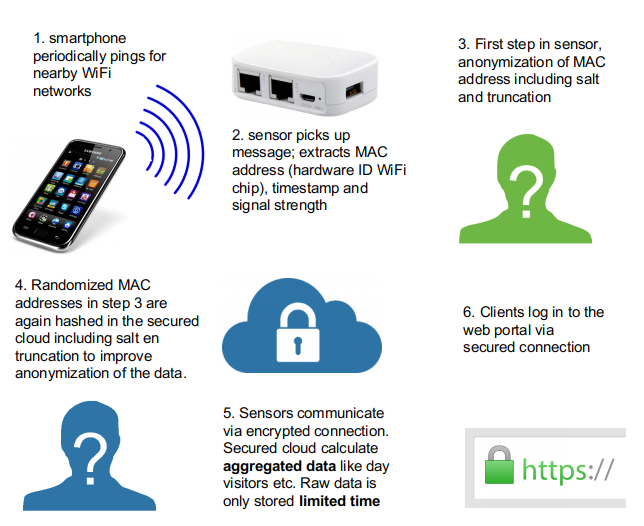 Source: bing.com
Source: bing.comDisposable email addresses provide a temporary email address that you can use for online sign-ups or subscriptions. This reduces the risk of receiving spam emails and protects your primary email address from being shared or sold to third-parties.
15. Digital Certificates
 Source: bing.com
Source: bing.comDigital certificates are electronic documents that verify the identity of a website or server. They use encryption to protect your data and prevent phishing attacks. You can easily check if a website has a valid digital certificate by looking for the padlock icon in the URL bar.
16. Privacy-Focused Operating Systems
 Source: bing.com
Source: bing.comPrivacy-focused operating systems like Tails and Qubes OS are designed to protect your privacy and security. They use encryption and block third-party trackers, ensuring that your data remains safe and secure.
17. Firewall Software
 Source: bing.com
Source: bing.comFirewall software monitors and blocks incoming and outgoing network traffic, preventing unauthorized access to your device. This is especially useful when using public Wi-Fi or accessing sensitive information.
18. Privacy-Focused Smart Home Devices
 Source: bing.com
Source: bing.comPrivacy-focused smart home devices like the Google Nest Hub Max and the Amazon Echo Show 5 come equipped with built-in privacy features like camera shutters and microphone mute buttons. They also use encryption to protect your data.
19. Private Cloud Storage
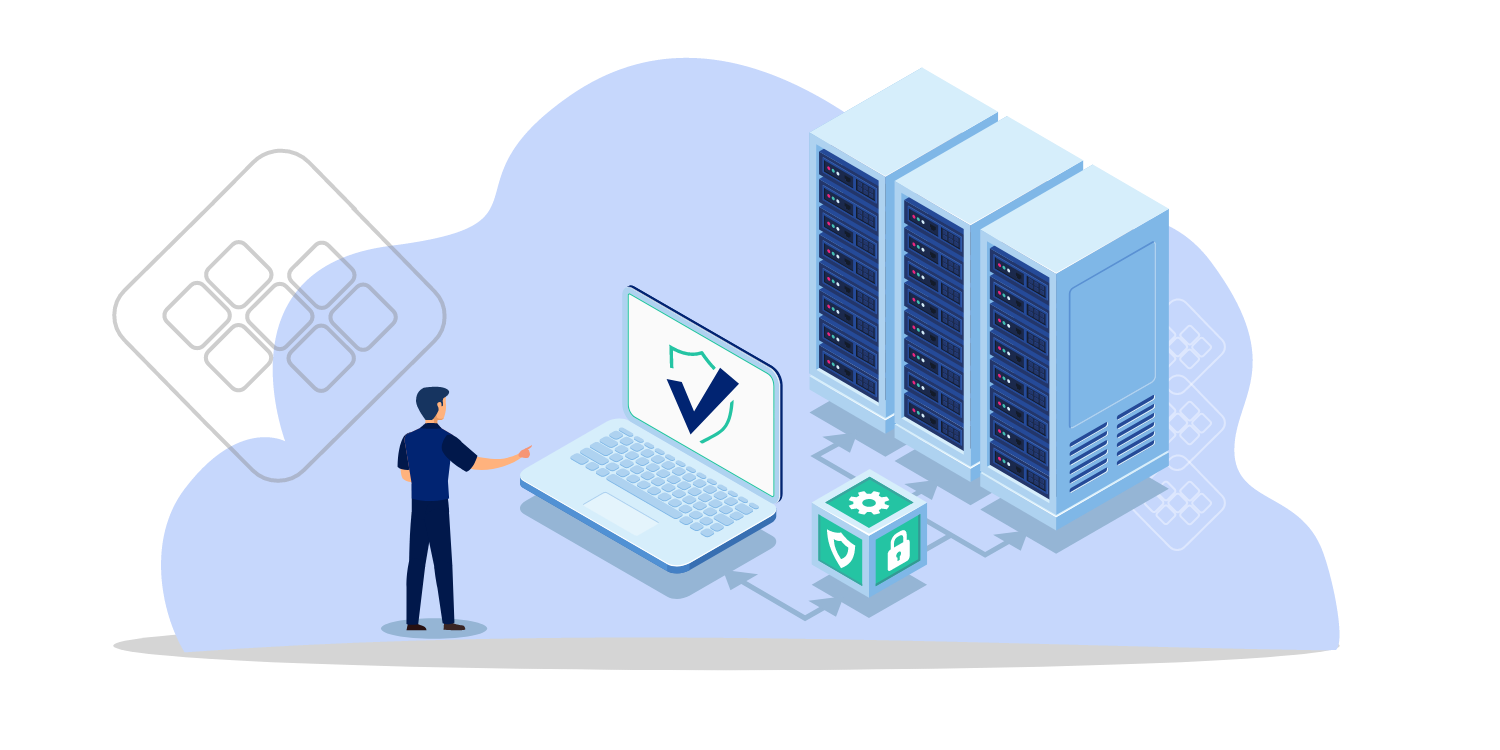 Source: bing.com
Source: bing.comPrivate cloud storage services like Nextcloud and OwnCloud allow you to store your files on your own server, ensuring that your data remains private and secure. These services also provide encryption and other security features.
20. Privacy-Focused VPN Routers
 Source: bing.com
Source: bing.comPrivacy-focused VPN routers like the InvizBox 2 and the Vilfo router encrypt all the traffic on your network, ensuring that your data remains safe and secure. They also block third-party trackers and provide other security features.
21. Privacy-Focused Email Services
 Source: bing.com
Source: bing.comPrivacy-focused email services like ProtonMail and Tutanota use end-to-end encryption to protect your emails from being intercepted or read by unauthorized users. They also don’t collect personal information and don’t display ads.
22. Privacy-Focused Social Media Platforms
 Source: bing.com
Source: bing.comPrivacy-focused social media platforms like MeWe and Minds prioritize user privacy and don’t collect personal information or display ads. They also use encryption to protect your messages and other data.
23. Privacy-Focused Search Engines
 Source: bing.com
Source: bing.comPrivacy-focused search engines like StartPage and Swisscows don’t track your searches or collect personal information. They also use encryption to protect your data and don’t display ads.
24. Privacy-Focused Web Browsers
 Source: bing.com
Source: bing.comPrivacy-focused web browsers like Firefox and Brave prioritize user privacy and block third-party trackers. They also use encryption to protect your data and provide other security features.
25. Privacy-Focused Operating Systems for Mobile Devices
 Source: bing.com
Source: bing.comPrivacy-focused operating systems for mobile devices like LineageOS and GrapheneOS protect your privacy and security by using encryption and blocking third-party trackers. They also provide other security features like app permissions and privacy controls.
26. Privacy-Focused Password Managers
 Source: bing.com
Source: bing.comPrivacy-focused password managers like Bitwarden and KeePass encrypt your passwords and other sensitive information, ensuring that they remain secure. They also provide other security features like two-factor authentication and password strength analysis.
27. Privacy-Focused Note Taking Apps
 Source: bing.com
Source: bing.comPrivacy-focused note-taking apps like Standard Notes and Joplin encrypt your notes and other data, ensuring that they remain private and secure. They also provide other security features like two-factor authentication and password protection.
28. Privacy-Focused Cloud Storage Services
 Source: bing.com
Source: bing.comPrivacy-focused cloud storage services like pCloud and Sync.com use encryption to protect your files and other data. They also don’t collect personal information and don’t display ads.
29. Privacy-Focused Video Conferencing Apps
 Source: bing.com
Source: bing.comPrivacy-focused video conferencing apps like Jitsi and Signal use encryption to protect your conversations from being intercepted or listened to by unauthorized users. They also don’t collect personal information and don’t display ads.
30. Privacy-Focused File Sharing Services
 Source: bing.com
Source: bing.comPrivacy-focused file sharing services like Tresorit and SpiderOak use encryption to protect your files from being accessed by unauthorized users. They also don’t collect personal information and don’t display ads.